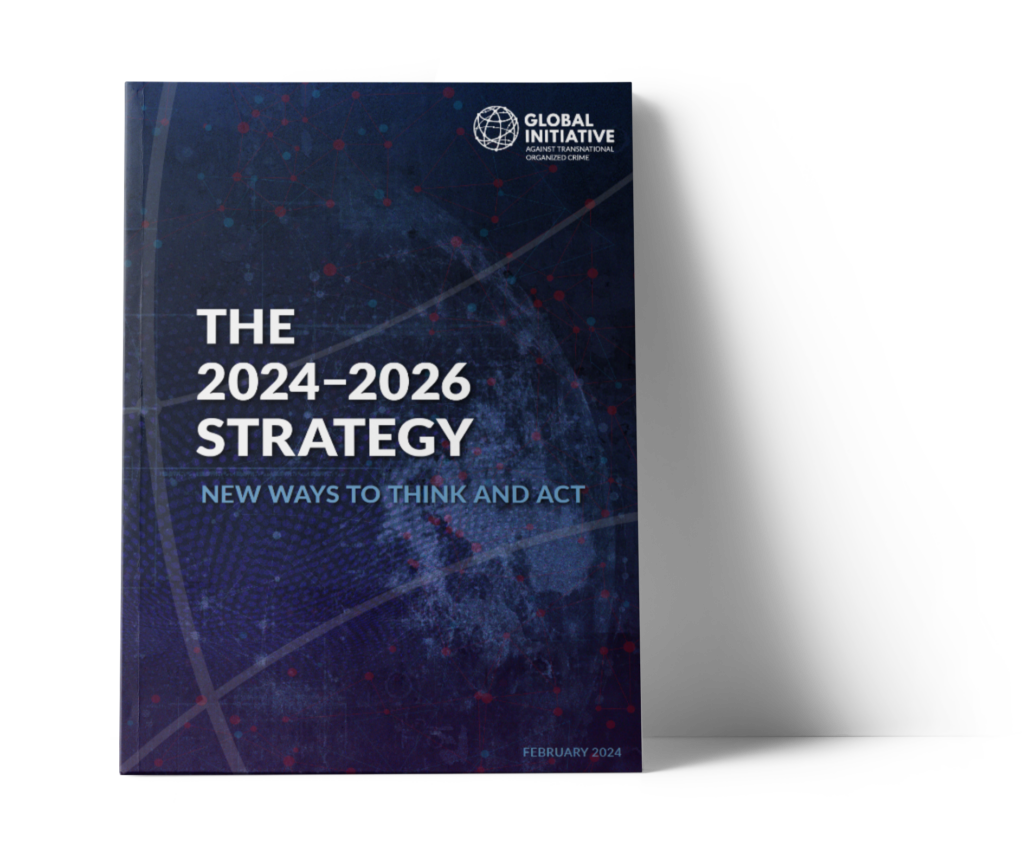Catalyzing the Building Blocks of a Global Strategy
The Global Initiative is an independent civil-society organization, headquartered in Geneva, Switzerland, with a globally dispersed Secretariat and a high-level advisory board.
Its network members include prominent law-enforcement, governance and development practitioners who are dedicated to seeking new and innovative strategies and responses to organized crime.
The Global Initiative was born from a series of high-level, off the record discussions between mainly (though not exclusively) law-enforcement officials from both developed and developing countries in New York in 2011–12. At these meetings, the founding members of the Global Initiative, many of whom stand at the front line of the fight against organized crime, illicit trafficking and trade, concluded that the problem and its impacts are not well analyzed; they are not systematically integrated into national plans or strategies; existing multilateral tools are not structured to facilitate a response; and existing forms of cooperation tend to be bilateral, slow and restricted to a limited number of like-minded states.
The result was the creation of the Global Initiative against Transnational Organized Crime, which provides a platform to promote greater debate and innovative approaches, which serve as the building blocks to an inclusive global strategy against organized crime.
The world is facing a number of serious and often interlinked threats and challenges, including violent conflicts, climate change, growing inequality, the impact of rapid technological innovation and mass migration.
There is a continued and urgent need for research and action around organized crime to promote new thinking and responses to understand criminal markets, actors and the ecosystems that enable them and to strengthen community resilience and trans-border cooperation.
Click here to read the GI-TOC Strategy 2024-2026
Nodes in a network: Regional civil society observatories
The GI-TOC has developed a regional network of civil society actors to work together against organized crime.
The work of these observatories exposes more fully the extent and harms caused by organized crime, illicit trade and corruption, and is designed to bolster state and non-state actors committed to achieving an effective response. Rather than regional offices, these observatories should be considered nodes in a network: clusters where like-minded crime analysts and activists come together to collect, share and analyze data, and take part in dialogue about the ‘hidden economy’ and the impact of organized crime. The observatories provide a unique platform for engagement with states and for dialogue and joint action between civil society, law enforcement and other state actors.
AFRICA:
- The Observatory of Illicit Economies in North Africa and the Sahel (NAS-OBS)
- The Observatory of Illicit Economies in East and Southern Africa (ESA-OBS)
- The Observatory of Illicit Economies in West Africa (WEA-OBS)
- The South Africa Organized Crime Observatory (SA-OBS)
EUROPE:
- The Observatory of Organized Crime in Europe (EUR-OBS)
- The Observatory of Illicit Economies in South Eastern Europe (SEE-OBS)
- The Observatory of Illicit Markets and the Conflict in Ukraine (UKR-OBS)
AMERICAS:
- The Observatory of Illicit Economies Central America (CAM-OBS)
- The Observatory of Violence and Resilience in Haiti (HT-OBS)
- The North America Strategic Platform on Organized Crime
